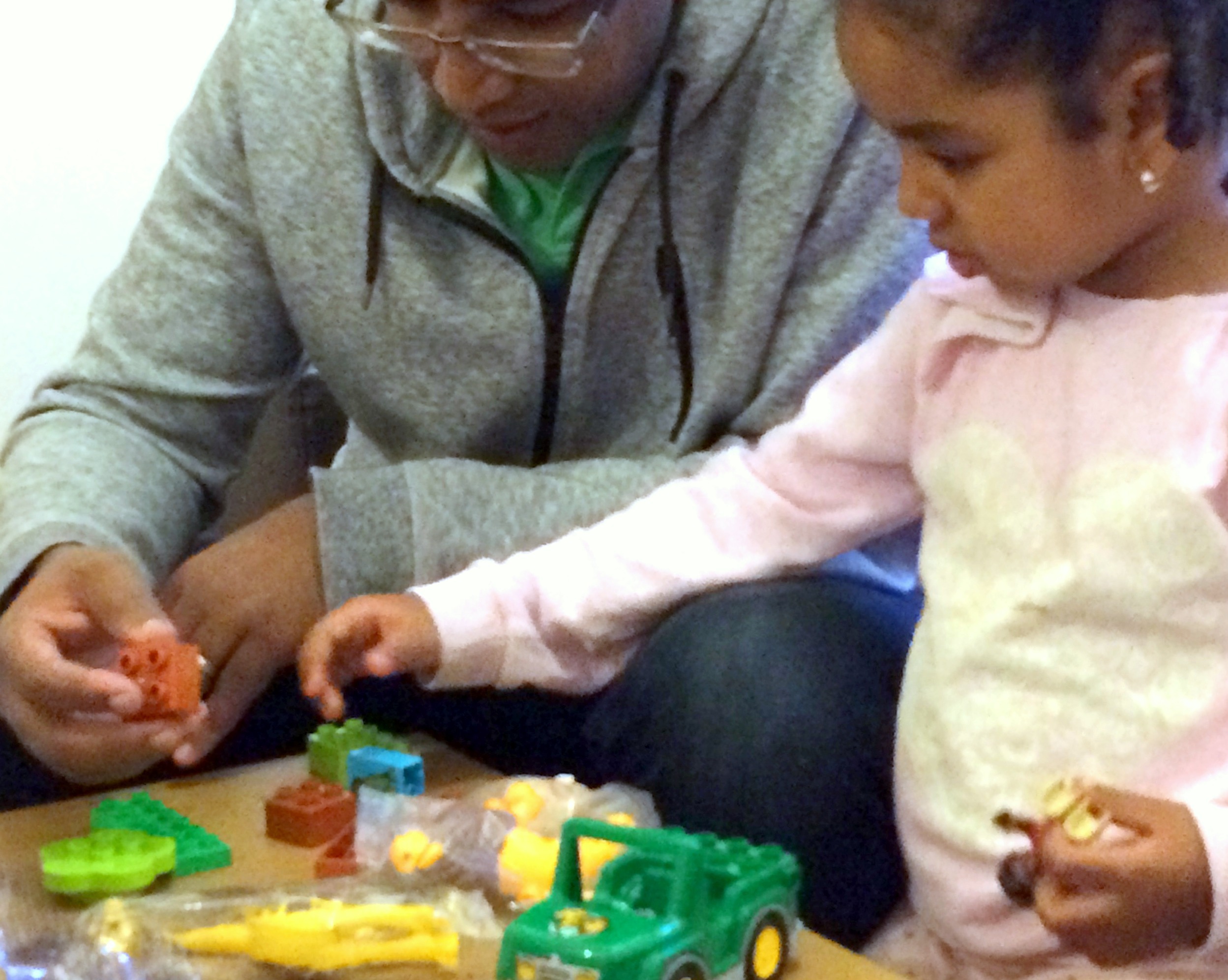Love Versus Fear

Love and fear don’t match.
One primary characteristic of virtually all religious systems around the world is fear: fear of judgment, fear of curses, fear of hell, fear of punishment, fear of failing - communicated and held up by some sort of religious authority or system.
Sadly, this also can be found within Christianity.
In contrast, read the following:
-
“There is no fear in love. But perfect love drives out fear, because fear has to do with punishment. The one who fears is not made perfect in love.” (1 John 4:18 NIV)
-
“Whoever does not love does not know God, because God is love.” (1 John 4:8 NIV)
-
“So do not fear, for I am with you; do not be dismayed, for I am your God. I will strengthen you and help you; I will uphold you with my righteous right hand.” (Isaiah 41:10 NIV)
The Spirit of Jesus and the spirit of fear are opposed to each other. The Spirit of Jesus produces love that overcomes fear.
Having said this, here comes the delicate question:
If love makes us strong and able to overcome fear, what does that insight teach us for the art of raising children? Can there be any place for frightening or threatening a child in good pedagogics?
Comments
Sid
That is a very good question. I wonder what the spanking camp would have to say about that. I remember being pro-spanking, as that was how I was raised and believed how one raised children. I would never say my parents did not love me, but the practice that was culturally and socially accepted did create a lot of emotional damage. For them, ‘sparing the rod and spoiling the child’ held greater bearance. I assume this is what you are referring to?
Egmont
Yes, Sid. Although, I am aware that I will not be able to change any of the deeply rooted convictions in that direction. In Western Europe, this more extreme position that you describe is not so common among young parents, but I believe that there are all kinds of weaker variations still in use. And many a parent may despise these practices, but still slide into such a behavior, not willingly, but as an emergency reaction. This heritage is often deeper rooted inside of us as a pattern of behavior and thought than we want to acknowledge. And to get out of it requires an amount of effort over a long time.